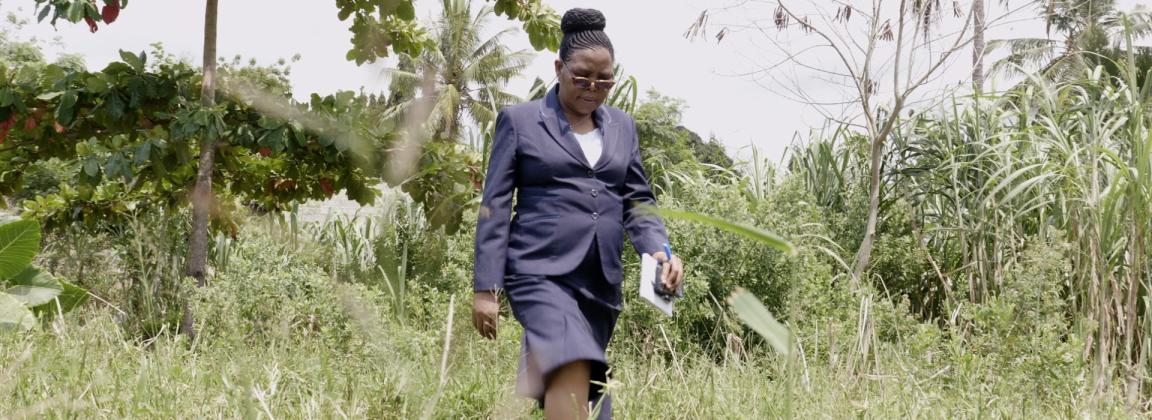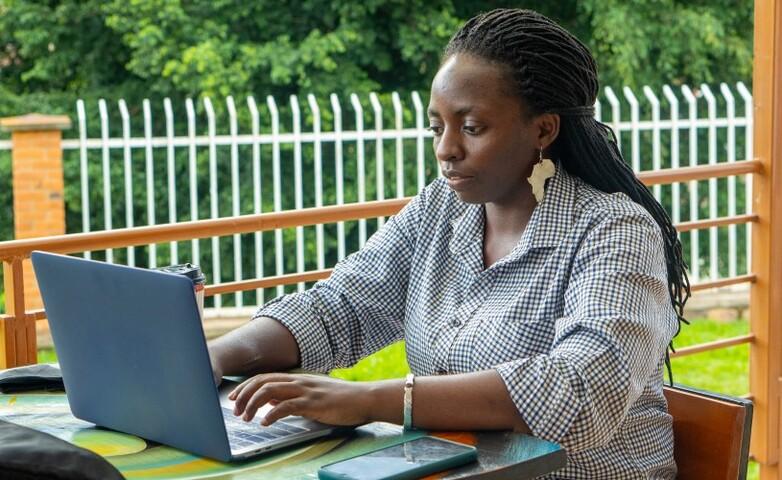Context
Rwanda promotes gender equality and has made significant progress in empowering women. However, obstacles persist for women in the business world.
Women participate in the labour force at a lower rate and often handle most household responsibilities. While women own 51 per cent of small businesses, they often generate less earnings. Generally, Rwandan enterprises struggle with limited access to markets and finding skilled staff. Additionally, traditional gender norms restrict women entrepreneurs from accessing finance, networking, and mentorship.
Within the workplace, gender discrimination, such as sexual harassment, hinders women's career advancement. It affects their performance, impacts their mental health, and limits their representation in leadership positions.
Objective
Rwanda promotes quality employment and new job opportunities for women and enhances the competitiveness of women-led businesses.

